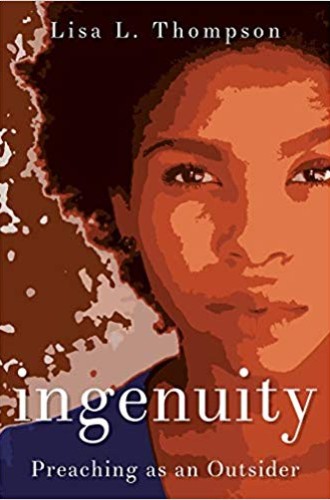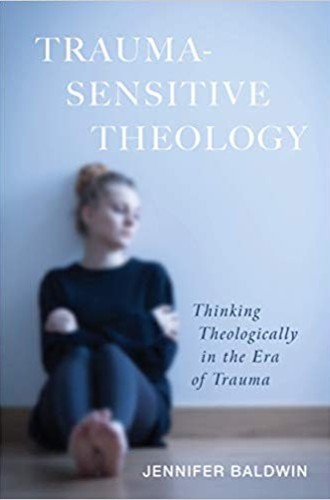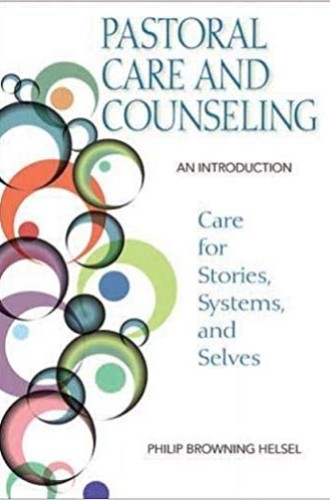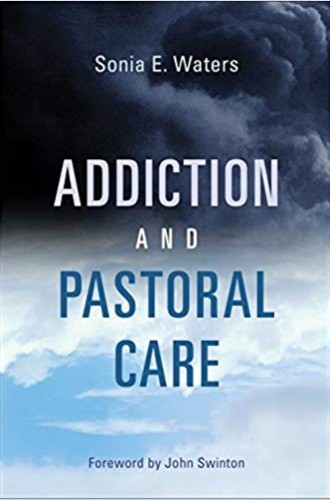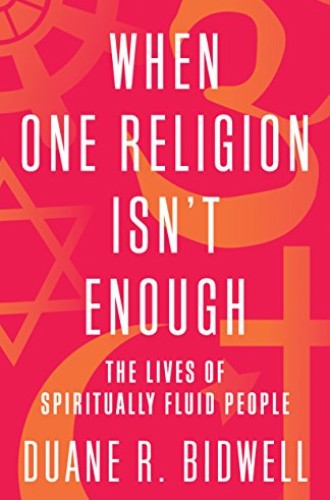Take & read: Practical theology
New books that are shaping conversations about practical theology
How do we perceive God? Whereas traditional theologians believed that we do so through a rational soul that is distinct from the body, contemporary theologians acknowledge that our consciousness, our awareness of life, and our spiritual connection to the holy are profoundly rooted in our bodily human condition. It is encouraging to see a number of recent books in practical theology that emphasize the importance of how we encounter, practice, and proclaim theology as embodied human souls.
Lisa L. Thompson’s Ingenuity: Preaching as an Outsider (Abingdon) shows how black women’s preaching challenges the invisibility socially assigned to bodies that are perceived as other and extolls the preacher’s task of embodying the sacred text. When black woman are allowed to preach from the pulpit, Thompson notes, they are often judged to be too masculine or too feminine, somehow not quite fitting the ideal of a preacher. Since “preaching is carried out by flesh and lands upon flesh,” Thompson encourages black women preachers to consider their own experiences as primary resource material for sermons. She highlights strategies like attentiveness to language and repurposing of traditional theological ideas as modes of ingenuity in preaching.
Thompson, who teaches at Union Theological Seminary, illustrates her ideas with passages from black women’s sermons and provides practice exercises to stimulate preachers’ thinking. These exercises have an embodied quality that engages readers’ creativity and focuses on what is at stake in the act of preaching. A black woman preaching, taking the risk of proclaiming her deepest convictions, opens up space for every body.


